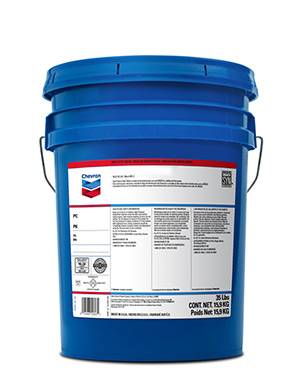Nov . 01, 2024 04:38 Back to list
Adjustable Pressure Control for Water Flow Valves in Plumbing Systems
Understanding Pressure Water Valves
Water is an essential resource in our daily lives, and managing its flow effectively is vital for both residential and industrial applications. One of the key components in water management systems is the pressure water valve. These valves play a critical role in controlling water pressure, regulating flow rates, and ensuring the safety and efficiency of plumbing systems.
A pressure water valve is designed to maintain or adjust the pressure of water flowing through a system. These valves can be found in various settings, from household plumbing systems to large-scale industrial operations. They function by opening or closing in response to changes in water pressure, allowing for precise control over how much water is delivered to different parts of a system.
There are different types of pressure water valves, including pressure reducing valves, pressure relief valves, and pressure sustaining valves
. Each type serves a unique purpose1. Pressure Reducing Valves (PRVs) decrease the incoming water pressure to a lower and more manageable level. This is especially useful in homes where city water pressure may be too high, leading to potential damage to plumbing fixtures and appliances. By installing a PRV, homeowners can ensure that their plumbing system operates safely and efficiently.
pressure water valve

2. Pressure Relief Valves (PRVs) are safety devices that protect plumbing systems from excessive pressure that could lead to bursts or leaks. If the pressure in a system exceeds a predetermined limit, the relief valve opens to release excess water, thereby preventing damage. This feature is particularly crucial in heating systems and boilers, where pressure control is vital for safe operation.
3. Pressure Sustaining Valves maintain a specified pressure in a section of the piping system, ensuring that downstream components receive consistent pressure. This is critical in agricultural irrigation systems, where uniform water distribution is necessary for effective crop growth.
The importance of pressure water valves extends beyond simple flow regulation. They play a crucial role in water conservation and efficiency. By maintaining optimal pressure levels, these valves help reduce water wastage and energy consumption. For example, in irrigation systems, proper pressure regulation can minimize the risk of overwatering, which not only saves water but also prevents soil erosion and nutrient runoff.
Moreover, modern pressure water valves often incorporate advanced technologies, such as electronic controls and smart monitoring systems. These innovations allow for real-time monitoring and adjustments, providing users with enhanced control over their water systems. As a result, both residential users and industries can benefit from increased efficiency and reduced operational costs.
In conclusion, pressure water valves are essential components in managing and controlling water systems. Their ability to regulate pressure, prevent leaks, and maintain optimal flow rates contributes to the safety and efficiency of both residential and commercial plumbing systems. As technology advances, the role of pressure water valves will only become more significant, ensuring that we can manage our water resources effectively in a rapidly changing world. Whether in a home, farm, or factory, the impact of such valves is profound, reflecting our ongoing commitment to responsible water usage and management.
-
Y Type Strainer Maintains System Efficiency Long TermNewsJul.15,2025
-
Valve Selection Guide for Industrial ApplicationsNewsJul.15,2025
-
Steel Fab Table Provides Durable Work Surface for WeldingNewsJul.15,2025
-
Pad Iron Provides Stable Support for Heavy MachineryNewsJul.15,2025
-
One Inch Check Valve Fits Standard Plumbing SystemsNewsJul.15,2025
-
Measuring Micrometer Ensures Precise Dimensional AccuracyNewsJul.15,2025
Related PRODUCTS









